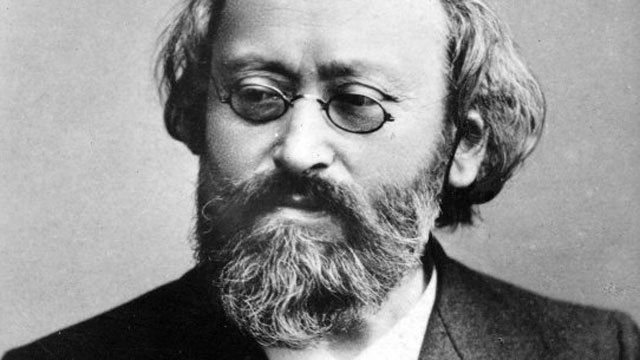Serenade
“Regarding intimacy, originality and beauty – nothing compares to a folk song.”Max Bruch
Bruch (1838 – 1920) was a German composer, born in Cologne, his father deputy chief of police and his mother an amateur soprano. When he was nine years old, he started composing. At eleven he was given training in music theory and at the age of fourteen his first symphony was premiered, which was compared to the works of Mendelssohn and Mozart.
He worked as a conductor in many opera houses in Germany, and was chief conductor of the Liverpool Philharmonic Society. In 1891 he started teaching a master class on composing at the Prussian Academy of the Arts in Berlin. Some of his students were: Oscar Straus, Eduard Künneke, Fartein Valen and Ralph Vaughan Williams. He was honored with a doctor h.c. at the Universities of Berlin and Cambridge.
The Encyclopedia Britannica says about Bruch “(His)… works failed to remain in the concert repertoire, possibly because, despite his sound workmanship and effective choral writing, he lacked the depth of conception and originality needed to sustain large works.”
Another reason that we don’t hear enough of him today could be that after he composed the famous concert piece for cello and orchestra “Kol Nidrei” on Hebrew melodies in 1881, everyone thought he was a Jew (he was actually a Christian). Then the Nazis came and banned his music altogether. This might have impaired the tradition of performing his works in public a bit as well.
